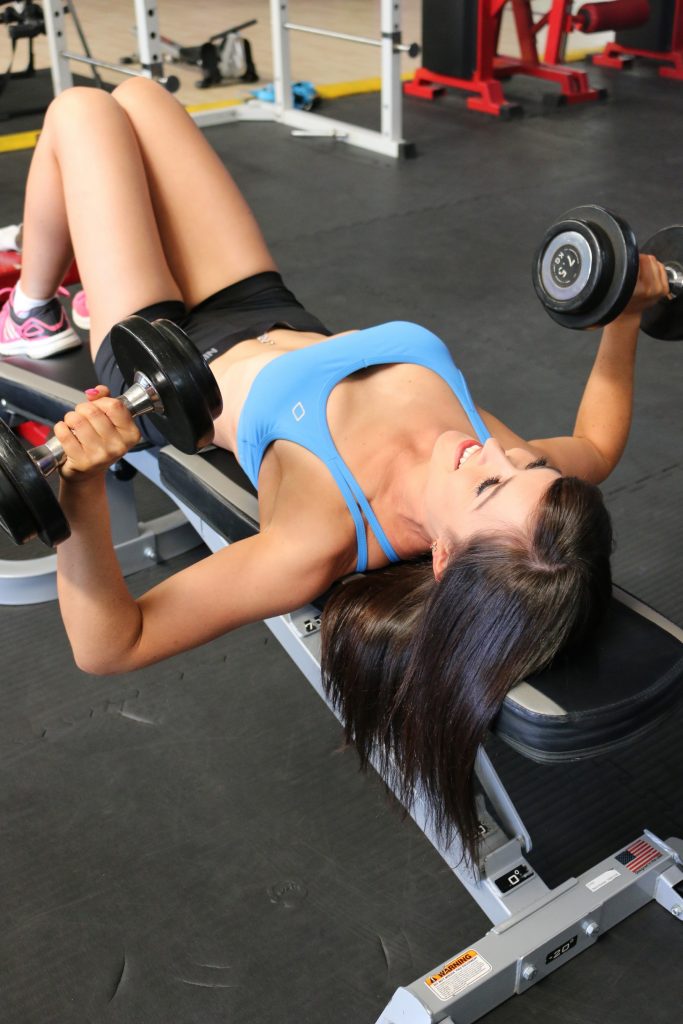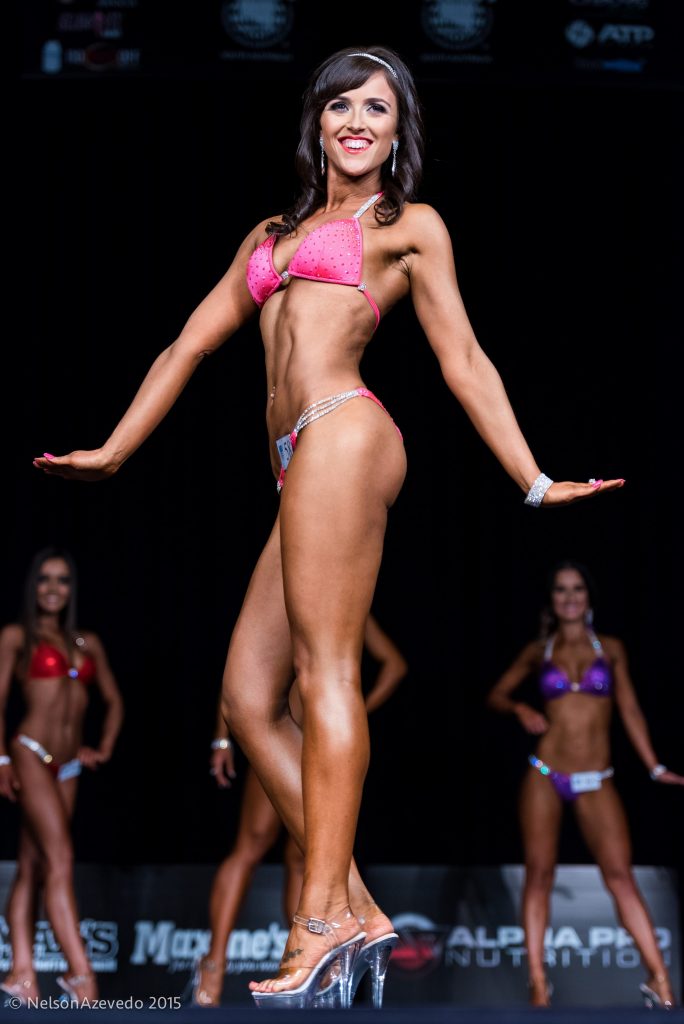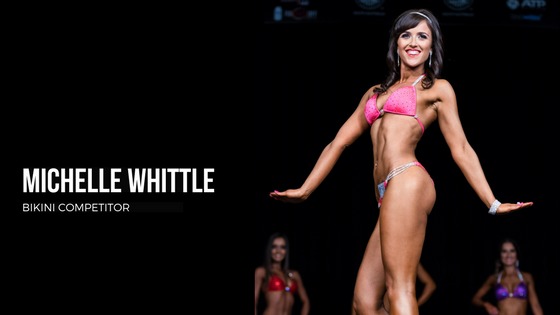Q.Age
26 years old.
Q.Where are you from?
Adelaide, Australia.
Q.What do you do with your time? (Job, Pastimes, Family life etc.)
I work full-time as a Contracts Administrator for a Not-For-Profit organisation who look after people with disabilities. I manage the Government funding to ensure people get the right services they are entitled to. In my spare time I enjoy walking my dogs, going to the gym with friends and on hikes outdoors. I’m an only child and currently live at home with my parents (my Dad also has type 1 diabetes).
Q.Tell us about your diagnosis? How did you know something was wrong?
I was overseas in London when I was diagnosed at 25 years of age. I had quit my job in Australia, sold my car and packed my bags to go travel in Europe and the plan was to get a job in London and work for a few years. After a few weeks I started to feel really tired and extremely thirsty. I remember my eyesight started to get blurry and I couldn’t sleep through the night without having to go to the toilet 5 times because I was drinking so much! Finally, I Skyped with my parents back home and my Dad told me to go to a hospital immediately. My sugar level was 32.8 when I was admitted for 4 days because I had gone into slight DKA. I flew home to Australia a week later.

Q.Pens or Pump? Any preference?
I’m currently on Pens (Lantus & Novorapid) because I am recently diagnosed I’m still in the “honeymoon” phase and the Pens work well for me. However, my Dad is on a Pump which works really well for him. I just don’t like the idea of having something attached to me but maybe I will change my mind in a few years.
Q.How often do you check your blood glucose?
Sometimes I use the Freestyle Libre which is a flash glucose monitoring system, when I have one of those sensors in I will check my sugar levels up to 20 times per day! I find it really helpful being so newly diagnosed because it helps me track how different foods/exercises affect my levels and I don’t have to prick my fingers. When I’m not wearing a sensor I use the Accuchek Mobile blood glucose monitoring device and probably check 5-6 times per day. In the morning, before lunch, before the gym, after the gym, before bed and maybe before driving depending on how I feel and when was the last time I checked.
Q.Recent A1C?
My last A1C was 6.3.
Q.How often do you train?
I try to train at least 3-4 times per week in the gym and I like to go for walks/runs at least twice a week as well.
Q.What is your daily calorie and macro breakdown? Outline a typical days diet for us?
I don’t currently count my calories or macros but on a typical weekday I would start my morning with 45g of rolled oats mixed with water. Then I have a banana and nut bar for morning tea. For lunch I have a chicken and lettuce sandwich made with low carb bread (about 21g). For afternoon tea I have an handful of almonds and maybe some carrot sticks and dip. Then dinner is usually meat (chicken, beef or pork) with some steamed veggies or salad. If I am planning to go to the gym I make sure I have some carbohydrates with my dinner, that might be potato or pumpkin. If I don’t, I make sure I have some glucose tablets before my workout.
Q.What food do you love, but messes with your blood sugar the most?
Definitely chocolate. I have a sweet tooth and I love nutella but I find it difficult sometimes because the sugar in the chocolate will spike my sugar levels and then the fat will keep them up and if I have too much insulin it will later come crashing back down. I try to have a little bit of chocolate in moderation to avoid this but it’s hard to stop after only a few mouthfuls!
Q.Current workout split?
Back/bis
Chest/tris
Legs/abs
Shoulders
Q.Have you any body composition or performance goals over the next 12 months?
I don’t plan on competing again in the next 12 months but my goal over the year is to increase my muscle definition (focusing on my shoulders and abs) and of course get leaner in time for Summer. I’m currently trying to find the right balance between increasing my cardio and keeping my sugar levels from going too low afterwards. I find training weights does not have much of an effect on my levels unlike cardio.
Q.3 Things diabetes has taught you in life?
Appreciation – I never realised how much I took my health and my pancreas for granted. It has really helped open my eyes and realise that there are a lot of people in this world dealing with their own struggles and not all of them are visible.
Don’t worry about the small stuff. It has really changed my priorities and outlook on life. There is no point stressing over the little things when you never know what might happen next. Try to live in the moment and remember to have fun.
A lot of people are ill-informed when it comes to diabetes and will say silly things which can sometimes be hurtful without even realising.

Q.Top 3 tips for managing diabetes?
Try not to get overwhelmed. As someone who was recently this is really important, remember that you are trying you’re best and it’s all about trial and error. Don’t be too hard on yourself.
Diabetes loves routine. Try to eat at regular times and don’t skip meals. It’s also important to get enough sleep and, of course, stay active.
Pay attention to how your body reacts to things. Everyone is different and you need to learn how your body responds to food, exercise and other factors that can affect your blood sugar level. This will help you gain better control.
Q.Biggest fitness myth dispelled?
Lifting weights will make you look like a man! That is honestly the most ridiculous thing I have heard. Weight training results in stronger muscles which increases bone density and muscle strength which can reduce back and knee pain by building muscle around those areas.
Q.What is the single best piece of mind-set advice you could give someone who’s been newly diagnosed with diabetes?
Your life is not over! Yes, it is absolutely life-changing but it’s something that can be managed. I think it’s extremely important to surround yourself by people who are going to be supportive. Taking care of yourself has suddenly got a whole new meaning and it’s so easy to get depressed so you need a good support network around you. Make sure you still do the things you enjoy and try not to let it hold you back, just make sure you are well prepared whenever you go out.
Q.Can you give a short concise review of the Diabetic Muscle and Fitness Guide and outline what was your biggest takeaway?
I love this Guide! It gives me the hope and determination I need to know that just because I now have type 1 diabetes, that doesn’t mean I can’t be fit and get back into the best shape I have ever been in! This guide is a great resource and my biggest takeaway is that consistency is key. You’re not going to get the results you want without good control of your sugar levels.
Social Media

